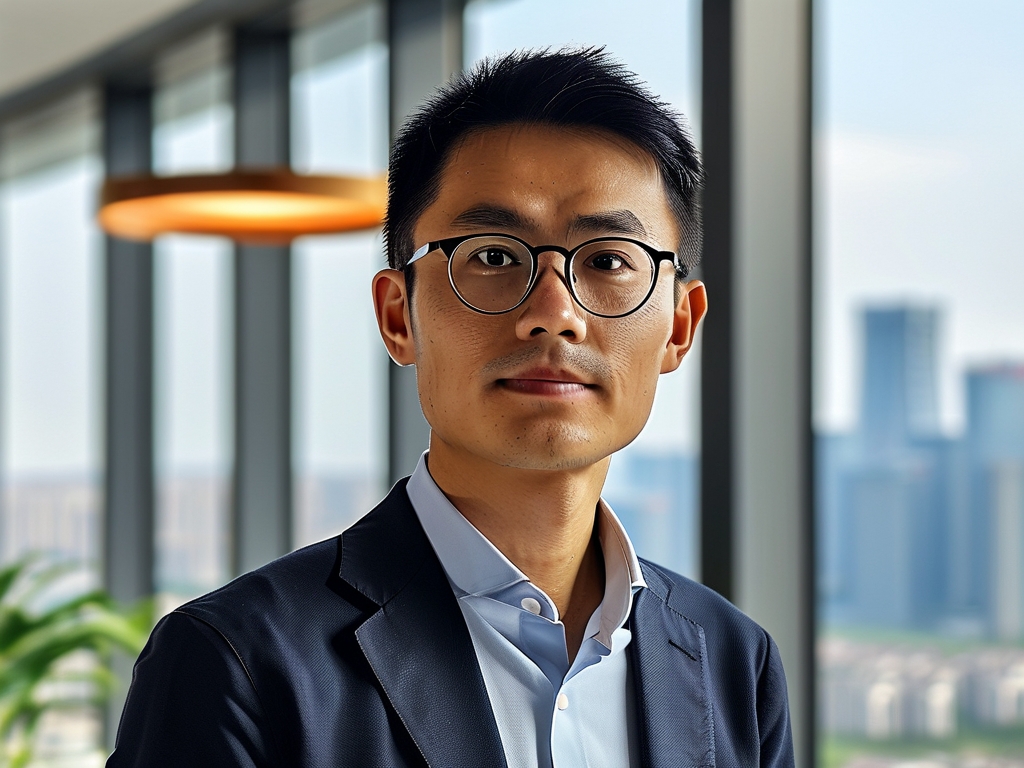In recent years, Suzhou has emerged as a critical hub for China's tech industry, attracting global giants like Huawei to establish research and development centers in the region. Among the most sought-after roles in these centers are algorithm engineers, whose expertise drives innovation in areas such as artificial intelligence, 5G networks, and cloud computing. This article delves into the annual salary structure of Huawei's algorithm engineers in Suzhou, exploring factors that influence earnings, regional comparisons, and the broader implications for tech professionals.

Salary Structure and Components
Huawei is renowned for offering competitive compensation packages to retain top-tier talent. For algorithm engineers in Suzhou, the annual salary typically ranges between ¥300,000 to ¥800,000 ($42,000 to $112,000 USD), depending on experience, qualifications, and project impact. This package includes:
- Base Salary: Constituting 60–70% of total compensation, the base pay for entry-level engineers starts at ¥300,000, while senior roles command upwards of ¥600,000.
- Performance Bonuses: Huawei's meritocratic culture rewards high performers with annual bonuses ranging from 10% to 30% of the base salary.
- Stock Options and Long-term Incentives: Senior engineers often receive stock grants tied to company performance, adding significant value over time.
- Benefits: Comprehensive health insurance, housing subsidies, and education allowances further enhance the total compensation.
Factors Influencing Earnings
- Experience and Expertise: Entry-level engineers with 1–3 years of experience earn closer to the lower end of the spectrum, whereas those with 5+ years-especially in niche fields like machine learning or autonomous systems-can negotiate premium packages.
- Educational Background: Candidates with advanced degrees (e.g., Ph.D. in computer science) or publications in top-tier journals often secure higher starting salaries.
- Project Criticality: Engineers working on Huawei's flagship projects, such as HarmonyOS or AI-driven telecom solutions, receive additional incentives due to the strategic importance of these initiatives.
Regional and Industry Comparisons
Suzhou's cost of living is lower than in first-tier cities like Shanghai or Shenzhen, allowing Huawei to offer slightly reduced base salaries compared to its Shenzhen headquarters. However, the overall compensation remains highly competitive when adjusted for living expenses. For instance, a senior algorithm engineer in Suzhou might earn ¥700,000 annually, equivalent to ¥900,000 in Shenzhen after accounting for housing and transportation costs.
Globally, Huawei's salaries for algorithm engineers align with those offered by Western tech firms like Google or Microsoft in mid-cost regions. For example, a Huawei engineer in Suzhou earns roughly 80% of what a counterpart in Silicon Valley would make but enjoys a higher disposable income due to China's lower tax rates and living costs.
Career Growth and Industry Trends
The demand for algorithm engineers in Suzhou is fueled by Huawei's aggressive R&D investments, which totaled ¥142.7 billion ($20 billion USD) in 2022. Engineers here collaborate on cutting-edge projects, such as optimizing AI algorithms for smart manufacturing or enhancing 5G network efficiency. This exposure accelerates career advancement, with many professionals transitioning to managerial roles or leading cross-border teams within 5–7 years.
Moreover, Suzhou's integration into the Yangtze River Delta tech corridor ensures sustained demand for skilled engineers. Local government policies, including tax breaks for tech firms and subsidies for talent retention, further bolster Huawei's ability to attract top candidates.
Challenges and Considerations
Despite attractive salaries, Huawei's work culture is often described as intense, with engineers expected to adhere to strict deadlines and occasional "996" work schedules (9 a.m. to 9 p.m., six days a week). Burnout remains a concern, particularly for those balancing high-stakes projects with personal life. Additionally, geopolitical tensions affecting Huawei's global operations could indirectly impact job stability or growth opportunities.
For algorithm engineers, Huawei's Suzhou branch represents a compelling blend of financial rewards, professional growth, and involvement in transformative technologies. While the salary packages are lucrative, candidates must weigh these benefits against the demands of the role and long-term career goals. As Suzhou cements its status as a tech powerhouse, Huawei's commitment to innovation ensures that its algorithm engineers will remain at the forefront of the industry-both in China and beyond.






